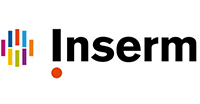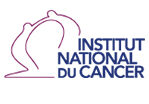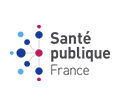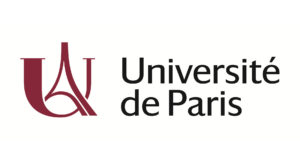News
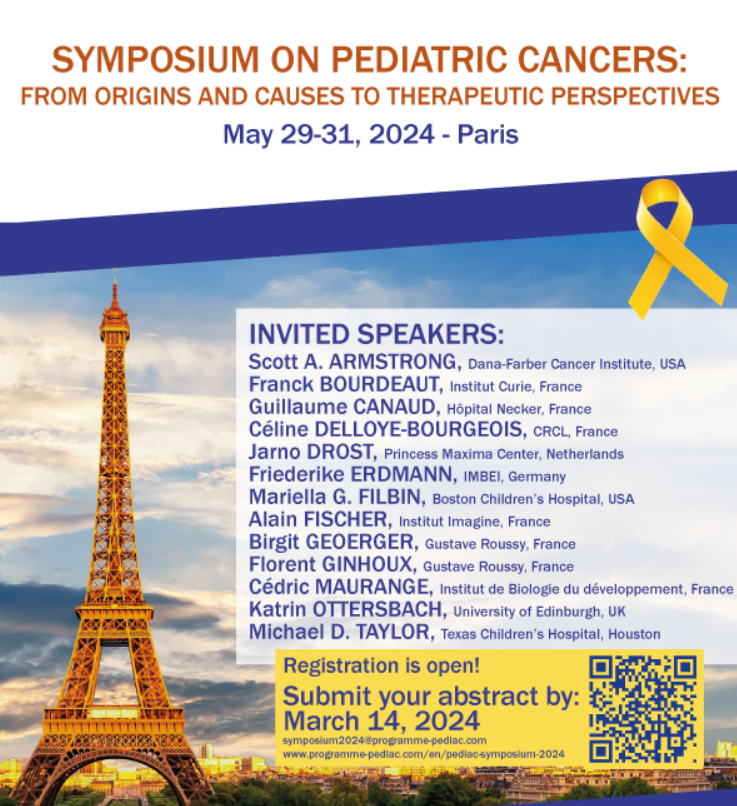

Health of Children Born After Assisted Reproductive Technology: No Overall Increase in Cancer Risk, But a Slight Increase in the Risk of Leukaemia Cannot Be Excluded
The Inserm team, Epidemiology of Childhood and Adolescent Cancers (EPICEA – UMR Inserm 1153) and the scientific interest group EPI-PHARE (ANSM/Cnam), together with experts in
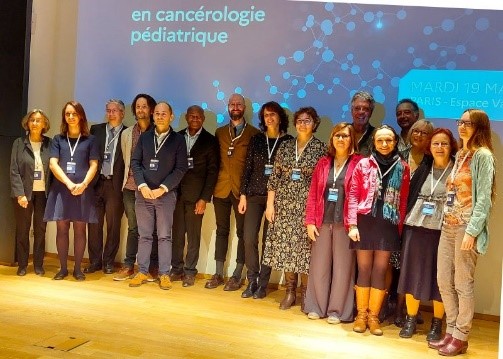
Seminar for the presentation of the Integrated Research Action Program (PAIR) in pediatric oncology
The seminar for the presentation of the 9th Integrated Research Action Program (PAIR), dedicated to cancers in children, adolescents, and young adults, was held
Some figures
1800
The number of new cancer cases reported per year among children less than 15 years.
450
The number of new cancer cases estimated per year among adolescents aged 15-17 years.
80%
Overall survival probability at 5 years after the diagnosis.
Statistics
Childhood cancer is a rare disease, affecting approximately 1,800 children under the age of 15 each year in metropolitan France (about one newborn out of 440 will be diagnosed with cancer before the age of 15).
The distribution of childhood cancers by histological type and location is very different from that of adults, notably with very few carcinomas. That’s why the incidence and survival are described using a specific classification, the International Classification of Childhood Cancer (ICCC), 3rd version.
Research
The fight against childhood cancer is a major concern for many institutions in France. The Registre National des Cancers de l’Enfant (National Childhood Cancer Registry) and its Plateforme d’Observation des Cancers de l’Enfant CCOP (Childhood Cancer Observation Platform) are major tools, the latest of which has been set up to develop research in various disciplines.
The CCOP Platform, made up of these different components, makes its data available to researchers…
Transparency portal
The transparency portal, as defined by the CNIL, enables you to find out about research projects carried out by the EPICEA team using information collected by the National Childhood Cancer Registry.
This work, whether or not in collaboration with other researchers, is essential to improving research into childhood cancers.
Each project is the subject of a summary, in accordance with the General Data Protection Regulation (GDPR) defined in Articles 12, 13, and 14.

